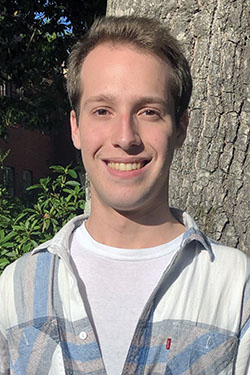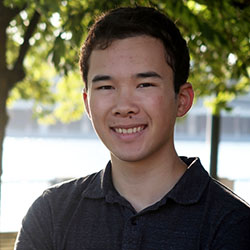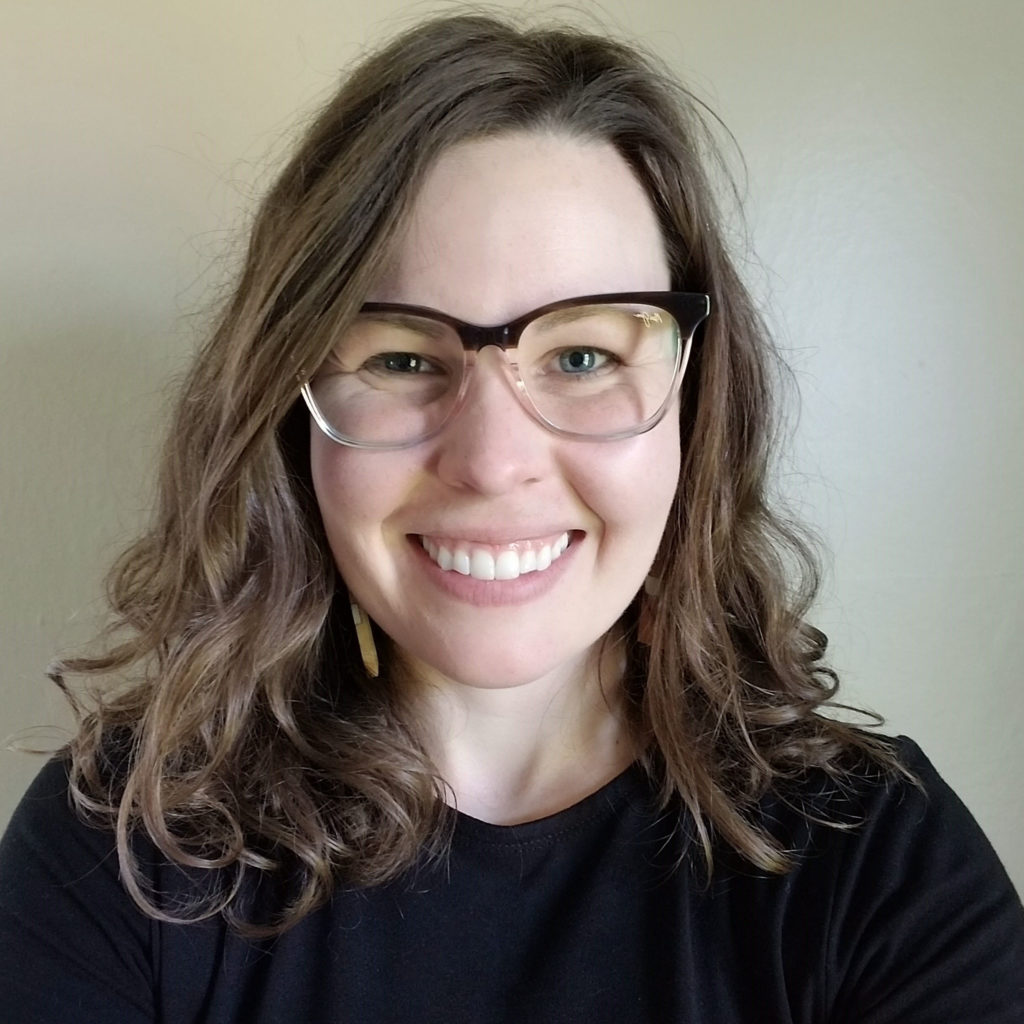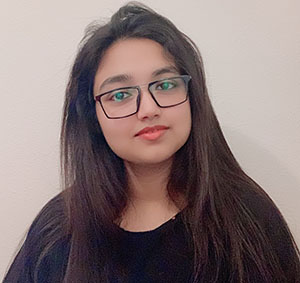
Jacob Cook is the definition of an overachiever. This spring he had the rare distinction of graduating with not one but two honors bachelor’s degrees from the College of Engineering at Oregon State University, in bioengineering and electrical and computer engineering, as well as a minor in computer science.
“Successful completion of a dual degree requires unparalleled dedication and discipline to meet requirements for both programs,” said Matthew Johnston, assistant professor of electrical and computer engineering.
Cook’s achievements were recognized with the Burgess/Tektronix Award, given each year by the College of Engineering to a senior who has demonstrated exceptional participation in activities beyond academic performance.
In addition to excelling in two challenging academic programs, Cook also completed a MECOP internship, participated in research for two different labs, served as both an undergraduate learning assistant and a resident assistant, and was an active community member.
“Jacob’s dedication and productive contributions to multiple hands-on research programs is remarkable, and it speaks to his future potential for contributions to the industry,” Johnston said.
Although he put in a huge amount of work on his own, Cook says he was lucky to have had tremendous support from his family.
“Both my parents are computer engineers who taught me great perseverance and an intense work ethic,” he said. “They raised me to do my best and encouraged me to go to college. Likewise, my grandfather was a businessman who taught me the importance of leadership and interpersonal skills for success. I cannot imagine where I would be without my family, and I wouldn’t have received this award without their help.”
The Burgess/Tektronix Award was initiated in 1990 to honor Fred Burgess, past dean of the College of Engineering. Cook received a plaque and a check for $500 and will be recognized at the fall College of Engineering Celebrate Excellence event in the fall.











